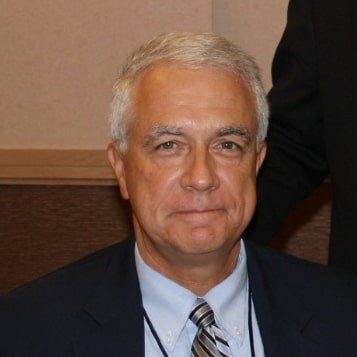
Selling Hype or Giving Hope: Science and Pseudoscience in Autism Treatment
Thomas Zane
Autism treatment has long been known as a ‘fad magnet’ that attracts well-vetted empirically-based effective treatments, but unfortunately, also attracts ill-advised, ineffective, and unethical treatments. Parents and caregivers seek effective ways of teaching skills, maximizing independence, and improving the quality of life for individuals with autism. They assume those professionals who have degrees, certifications, and visibility in the eld know what they are doing, and believe the hype and marketing that service providers disseminate about the methods they use. The proponents of all autism treatments assert that their treatments will work. They want parents and caregivers to be hopeful that their particular treatments will meet the goals and desires of those seeking treatment. However, the fact is that some treatment providers can only provide the hype without also delivering the effective outcomes of their therapy. Hype is freely given. Real hope, gleaned from evidenced-based strategies that produce objectively measured positive outcomes, is harder to come by.
Presented at the 2020 Michigan Autism Conference
Dr. Thomas Zane is a Professor of Practice and the Director of Online Programs in Behavior Analysis in the Department of Applied Behavioral Science at the University of Kansas. Dr. Zane earned his Bachelor’s and Master’s degree in psychology at Western Michigan University and his doctorate in Applied Behavior Analysis at West Virginia University. He has served as a Post-Doctorate Research Associate at the University of Massachusetts and as a Research Scientist at Johns Hopkins University Department of Psychiatry. Dr. Zane serves on the Executive Board of the Cambridge Center for Behavioral Studies, the international organization that represents the eld of behavior analysis. He is also a member of the Scientific Council of the Organization of Autism Research, a group that funds innovative research in Autism Spectrum Disorders. Dr. Zane has been past President of the Ethics Special Interest Group of the International Association for Behavior Analysis. His research interests include online learning, evidenced-based practice in autism, and the philosophy of science and radical behaviorism. He is particularly interested in why some behavior analysts drift from the code and the importance of adhering to choosing scientifically supported treatments in clinical and educational work.
